In my dev environment, I have an Azure Functions with 21 functions and the app plan is consumption.
Some functions have a timer trigger and at the end of the process each function sends an email. I have 2 type of timer trigger:
- run a function every 20 minutes
- run a function once at a particular time in the night
Every 20 minutes the function is doing what I expect. Great.
The problem I'm facing is with the function that they have to start at a particular time. Basically, they don't start until I open the portal and do something on the Azure Function (for example open the monitor for one of them).
In the code point of view, all functions with the timer trigger are defined like that:
[FunctionName("invoiceMonthlyGeneratorTimer")]
public void Run([TimerTrigger("%Timers:GenerateMonthlyInvoices%")] TimerInfo myTimer)
{
// ..
}
[FunctionName("invoiceDunningTimer")]
public async Task Run([TimerTrigger("%Timers:DunningTimer%")] TimerInfo timer)
{
// ...
}
The configuration of the timer is in the settings file like:
"Timers": {
"DunningTimer": "0 0 4 * * *",
"GenerateMonthlyInvoices": "0 0 4 * * *"
}
Generally, speaking, this approach was working in dev environment and it is working perfectly in the production environment.
Because each function sends an email, I expect each morning to find in my inbox some emails but it doesn't happen. Then, I open the Azure portal to see the logs and the monitor.
Open the Azure function in the portal.
Open the monitor for a function
Voila, after a couple of seconds, I start to receive the email for all services! In the production environment I don't have all the function I have in dev because I want to test before deploying. In prod the functions are working fine and start at the right time.
If I look at Application Insights, I can find only the logs for the time I opened the monitor.
There is one interesting thing in the log:
Trigger Details: UnscheduledInvocationReason: IsPastDue, OriginalSchedule: 2020-07-24T05:00:00.0000000+00:00
Update
Apparently, you can't have more than a couple of timer triggers in the same Azure Functions. I opened an issue on Github, so if other devs are facing the same. Something similar with HTTP triggers, look this post.



